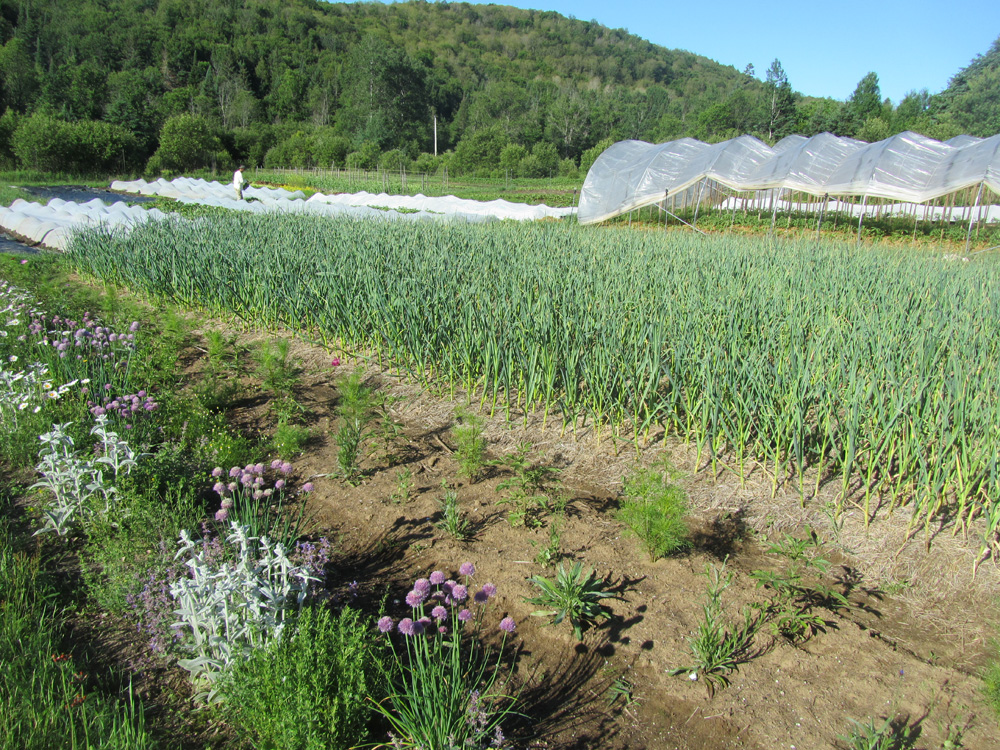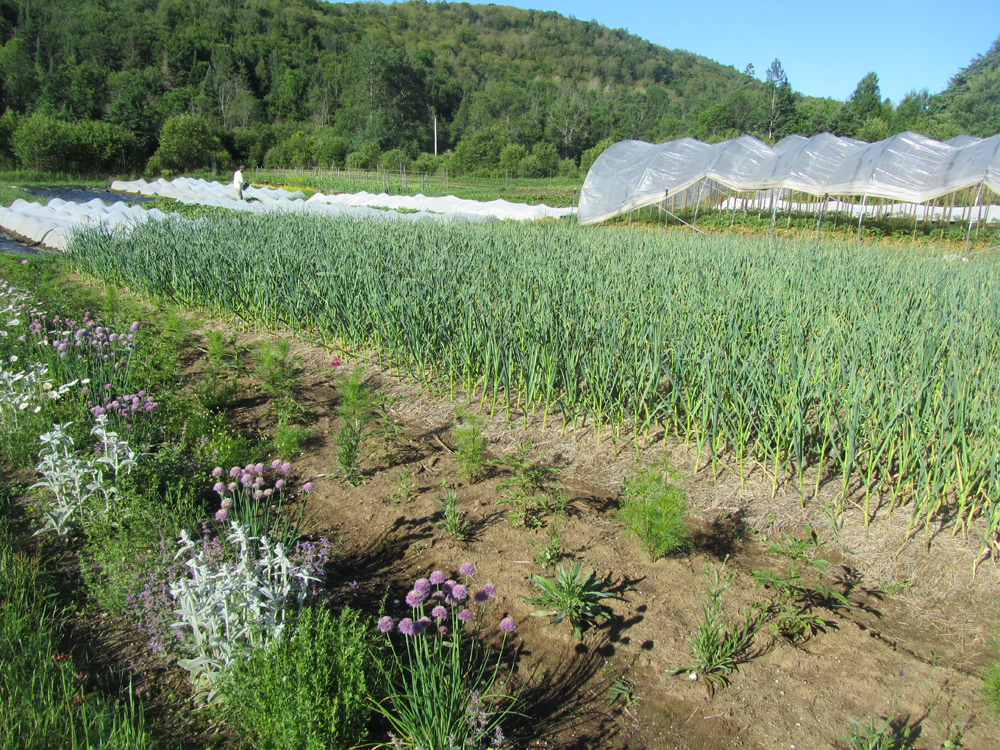by James Videle
How are we going to feed an ever-growing population?
The “State of Food and Agriculture Report 2014” of the United Nations’ Food and Agriculture Organization shows that, “Families run nine out of every ten farms (worldwide) or 500 million farms. Additional analysis shows that family farms occupy a large share of the world’s agricultural land and produce about 80% of the world’s food.” Furthermore, the report states that, “worldwide farms of less than 5 hectares account for 94% of all farms and occupy only 19% of all farmland … and smaller farms tend to have higher yields than larger farms within the same country.”
Could small-scale farms be the answer?
To further that discussion, the Economic Transition Team of the Humane Party has completed its report analyzing the productivity of vegan-organic farming. The document is meant to show how small-scale vegan-organic agriculture compares to large-scale conventional and organic agriculture in the United States. To make the comparison, this report utilizes data from La Ferme de l’Aube, a small-scale vegan-organic farm that operated during the 2018 growing season.

Key Findings
The report compared 11 different crops: snap beans, dry beans, cabbage, carrots, cucumbers, kale, lettuce, onions, potatoes, summer squash and tomatoes. They were chosen based on their importance to La Ferme de l’Aube and United States’ farmers.
It was found that:
- La Ferme de l’Aube vegan-organic farm was 3% more productive than conventional and 41.6% more productive than organic farming methods.
- La Ferme de l’Aube vegan-organic farm generated 868% more income than conventional and 421% more income than organic agriculture practices per kilogram of produce.
- La Ferme de l’Aube vegan-organic farm was 5% more productive than conventional and 85% more productive than organic farming methods when on-farm waste is considered.
Retooling our United States agriculture food production systems should be considered a high priority. According to our study, while vegan-organic farming may only have produced 2.3% more than conventional farming, it was 41.6% more productive than organic farming. The income generated was 868% and 421% more respectively for the farmers, and waste from La Ferme de l’Aube was less than 1%, while both other systems would waste 24%. The 2.3% and 41% production numbers will most likely rise in the future due to fertility building, improved skills in the field and more farmers utilizing vegan-organic practices. Transitioning from conventional and organic farms to vegan-organic farms generates more income per kilogram and per acre of land while increasing the availability of fruits and vegetables to the consumer.
Finally, from the Fourth National (U.S.) Climate Assessment:
Rising temperatures, extreme heat, drought, wildfire on rangelands, and heavy downpours are expected to increasingly disrupt agricultural productivity in the United States. Expected increases in challenges to livestock health, declines in crop yields and quality, and changes in extreme events in the United States and abroad threaten rural livelihoods, sustainable food security, and price stability.
All our options should be considered moving forward. Small-scale, vegan-organic agriculture should be allowed to join the conversation.


